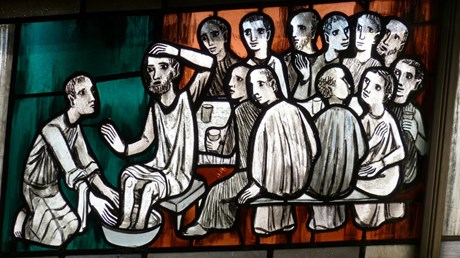Too many Christians fail to consider the propensity leaders have to abuse power.

James, the half-brother of Jesus, writes, “Anyone, then, who knows the good he ought to do and doesn’t do it, sins” (James 4:17). Applying Andy Crouch’s definition of power—the ability to make something of the world—to this verse would suggest that those who know what they should do (or refrain from doing) in order to make something better of the world for the glory of God and the good of others but fail to do it, would succumb to sin.
In other words, failing to do the right thing in the context of using power—making something better of the world—would be a good description of the “abuse of power.”
In short, abusing power is sin.
Pastoral power abuse
When pastors abuse power it can be disastrous. Pastoral power abuse can to different kinds of sin, depending on where that abusive power is exercised. Pastoral power abuse can lead to the misuse of authority over church leaders or a congregation, the sexual harassment of adults, the abuse of children, and a myriad of other sins.
All are about the abuse of power; how the abuse is manifested is different depending on the person abusing the power and the local situation.
But Jesus and the gospel show us the better, more godly way to keep from being consumed by power, to wield power through the ministry of the towel—serving others.
Jesus, after washing the disciples feet, turns and tells them, “Now that I, your Lord and teacher, have washed your feet, you also should wash one another’s feet” (John 13:14).
The Apostle Paul captured such a humble posture of sacrificial service when he penned,
Your attitude should be the same as that of Christ Jesus: Who being in very nature God did not consider equality with ...
from
http://feeds.christianitytoday.com/~r/christianitytoday/ctmag/~3/Gw4SJGgKfkM/power-and-pastors-part-2.html
No comments:
Post a Comment